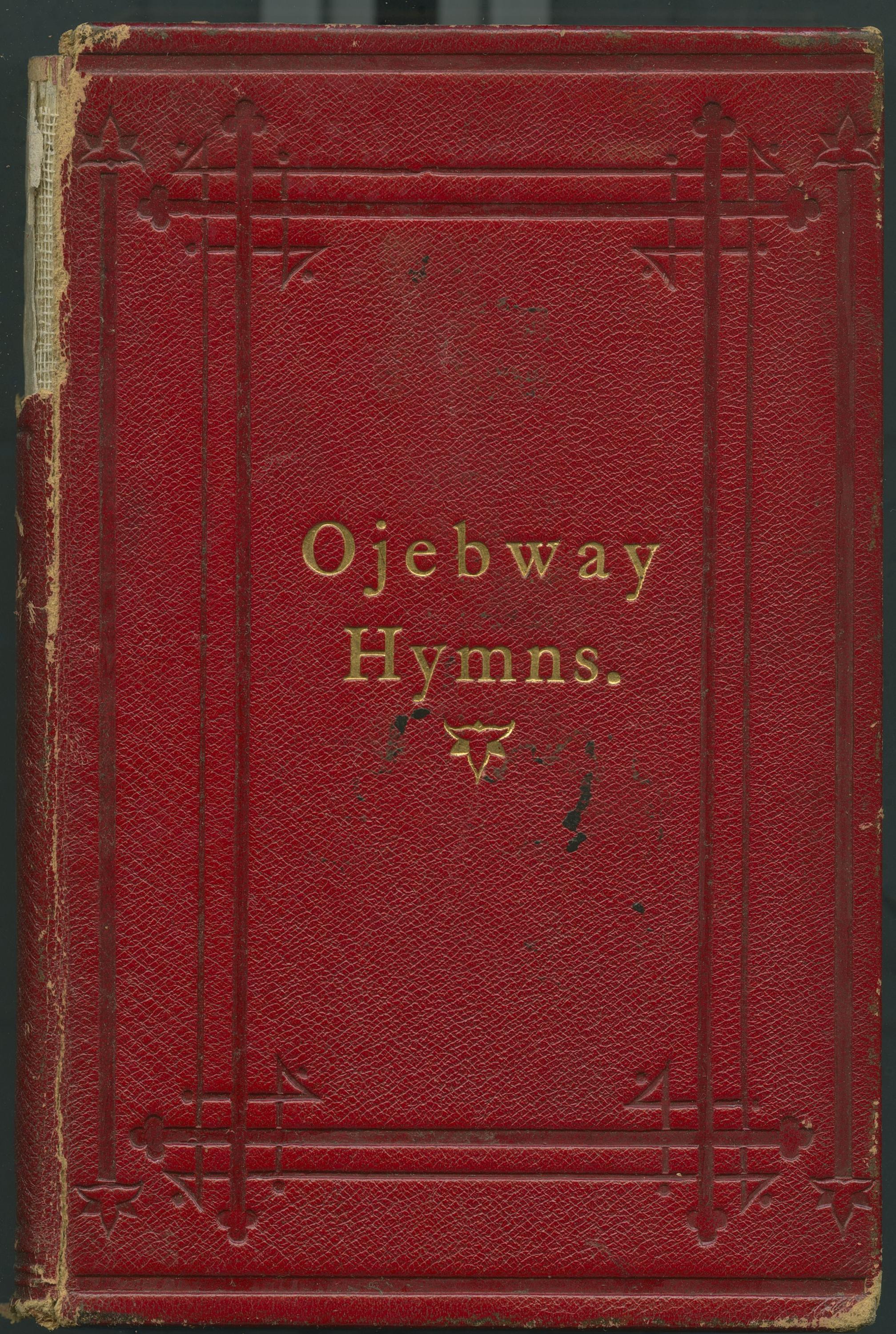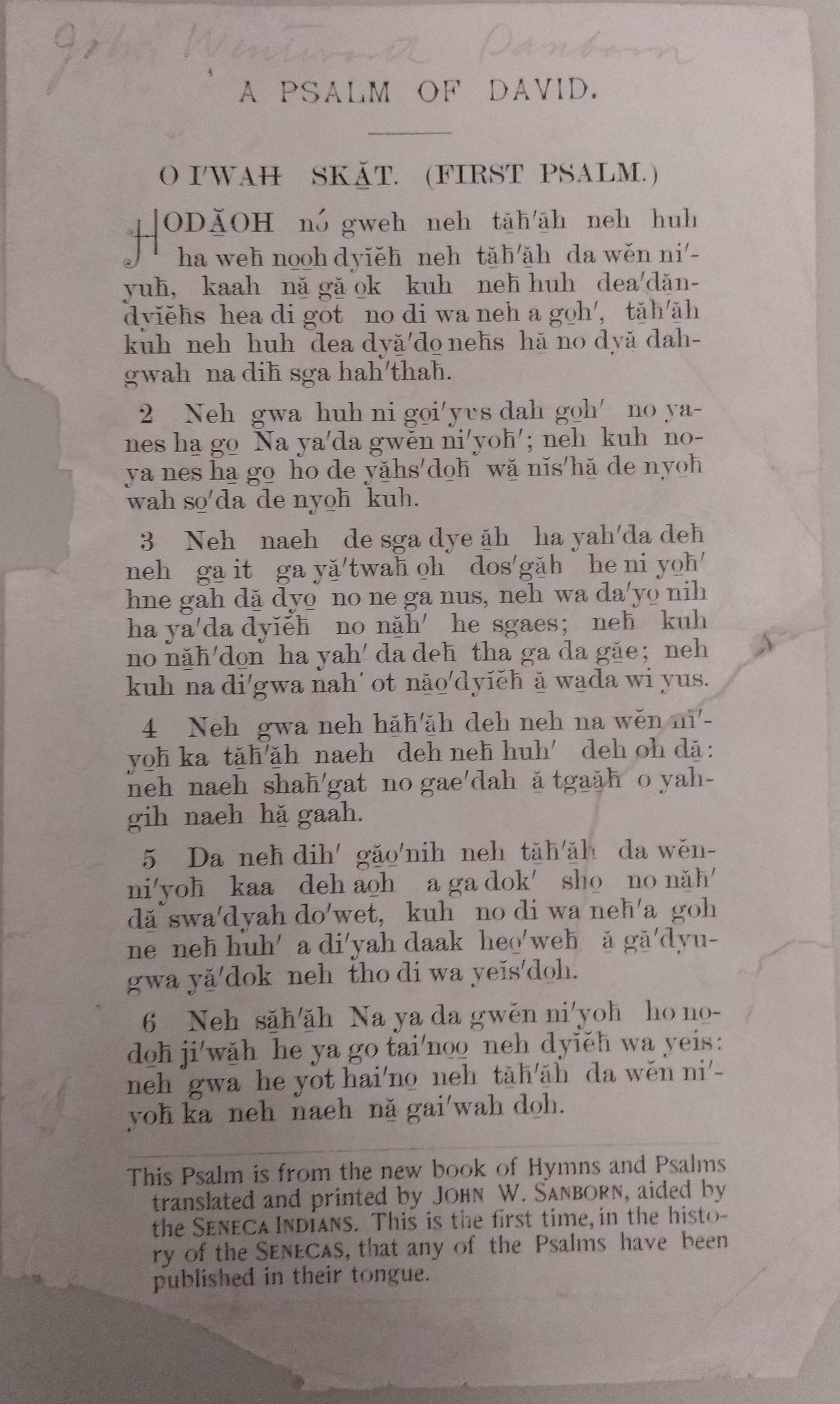Dana Porter Library, first floor
University of Waterloo Library
Waterloo, Ontario N2L 3G1
519-888-4567 x42619 or x42445
Recent blog posts
Blog topics
-
1492LandBackLane (1)
-
1900s (2)
-
Abyssinia (1)
-
advertisements (1)
-
album (1)
-
anatomy (1)
-
anniversary (1)
-
anti-suffragists (1)
-
archives (25)
-
arithmetic (1)
-
art (1)
-
autographs (2)
-
automation (1)
-
awards (1)
-
badges (1)
-
bank fraud (1)
-
barcodes (1)
-
beer (1)
-
Birth Control (1)
-
BLIND DATE (1)
-
book collection (1)
-
books (19)
-
bookworms (1)
-
botany (1)
-
Britain (1)
-
British history (1)
-
Burns (1)
-
Cambodia (1)
-
Canadian history (1)
-
casinos (1)
-
Catholicism (1)
-
censorship (1)
-
Charles Dodgson (1)
-
Chinese history (1)
-
clothing (2)
-
co-op (2)
-
co-op students (2)
-
cocoa (1)
-
community (1)
-
conservation (1)
-
correspondence (1)
-
COVID-19 (1)
-
Crochet (1)
-
culture (1)
-
Dance (1)
-
dancing (1)
-
detective (1)
-
dolls (1)
-
Drama (1)
-
Drawing (1)
-
ectoplasm (1)
-
Eid (1)
-
Eid Celebration (1)
-
eldritch horror (1)
-
employment (1)
-
Englishmen (1)
-
Eric McCormack (1)
-
Euclid (1)
-
Eugenics (1)
-
examinations (1)
-
exams (1)
-
exercise (1)
-
facsimiles (1)
-
fairy tales (1)
-
farms (1)
-
Fashion (1)
-
FINE ARTS (1)
-
fire (1)
-
five year plans (1)
-
flowcharts (1)
-
Frenchmen (1)
-
gas masks (1)
-
geese (1)
-
gender studies (1)
-
gender violence (1)
-
geography (1)
-
ghosts (2)
-
H.P. Lovecraft (1)
-
hidden art (1)
-
HIST250 (1)
-
history (6)
-
holy books (1)
-
horror fiction (2)
-
hydrography (1)
-
illustrations (1)
-
Indigenous (1)
-
inflation (1)
-
insects (1)
-
introduction (1)
-
journalists (1)
-
Kaufman Shoes (1)
-
Kitchener (2)
-
knitting (1)
-
Lady Aberdeen (1)
-
landscapes (1)
-
Latin (1)
-
Lewis Carroll (1)
-
LGBT studies (1)
-
libraries (1)
-
local history (1)
-
Lydia Dotto (1)
-
magazines (1)
-
magic (1)
-
mandibles (1)
-
marbling (1)
-
Marie Stopes (1)
-
media (1)
-
medicine (2)
-
Michael Fritsch (1)
-
midwifery (1)
-
murder (2)
-
mushroom (1)
-
mysteries (1)
-
mysticism (1)
-
Noel Hynes (1)
-
Novels (1)
-
nursery rhymes (1)
-
occult (2)
-
opera singers (1)
-
optimism (1)
-
outreach (1)
-
oxygen (1)
-
paleontology (1)
-
pharmacy (1)
-
photographs (5)
-
planning (1)
-
playboys (1)
-
Poetry (1)
-
pop-up books (1)
-
prejudice (1)
-
Pride (4)
-
pulp (1)
-
quietism (1)
-
quotes (1)
-
radio (1)
-
Ramadan (1)
-
rare books (11)
-
rates (1)
-
rationing (1)
-
religion (1)
-
repurposing (1)
-
research (1)
-
restaurants (1)
-
Romance (1)
-
rubber (1)
-
Sardinia (1)
-
satire (1)
-
science (1)
-
scrapbook (1)
-
scrapbooks (1)
-
seances (1)
-
Second World War (1)
-
Shoes (1)
-
smuggling (1)
-
Sorels (1)
-
spatulas (1)
-
spelling (1)
-
spiritualism (3)
-
spirituality (1)
-
staff (1)
-
Stamps (1)
-
steamships (1)
-
Stephen King (1)
-
Stranger Things (1)
-
students (3)
-
suffragists (3)
-
surveys (1)
-
telephones (1)
-
theatre (1)
-
theosophy (2)
-
Transcription (1)
-
trumpets (1)
-
typefaces (1)
-
urban planning (1)
-
vases (1)
-
volleyball (1)
-
waltzing (1)
-
wand (1)
-
water towers (1)
-
Waterloo (1)
-
Wedding (1)
-
women (1)
-
Women Studies (1)
-
women's studies (6)
-
Womens Rights (1)
-
world war i (1)
-
World War II (4)
-
WS (2)
-
zero gravity (1)
Blog posts by audience
- Post-doctoral fellows (1)
- Current students (12)
- Everyone (2)
- Future students (9)
- Faculty (10)
- Staff (10)
- Alumni (10)
- Parents (8)
- Donors | Friends | Supporters (9)
- Employers (7)
- International (7)
- Media (8)
Blog posts archive
Are you an Indigenous language speaker? Are you currently enrolled in ARTS190, Introduction to Mohawk Language course? Are you interested in learning about other Indigenous languages and syllabics?
Special Collections & Archives has recently acquired 7 new items in Algonquin and Iroquoian Languages including Cree, Oneida, Ojibwe, and Seneca. Seneca and Oneida are severely endangered languages with only a few hundred fluent speakers each.
Of particular interest is the below shown Prayer Book. Although the title page indicates that the work is Oneida, a note in Pilling's "Bibliography of the Iroquoian Languages" notes that although the work is intelligible to those who speak Oneida, it does not appear to be written in any known dialect.

Prayer Book in Oneida, 1837, F25283

Cree Hymn Book, 1888, F25280
If you would like to brush up on your language skills before coming to view the items, there are number of excellent online resources such as Learn Our Language, operated by the Oneida Language and Cultural Centre in Southwold, Ontario; Onöndowa'ga:' Gawë:nö', operated by the Seneca Nation of Indians in New York; ‘Let’s Start Ojibwe’ series, a collection of Ojibwe lessons of varying levels of difficulty from Sault College's in-class language courses; the My Cree App, related to the award-winning APTN television series Tansi! Nehiyawetan.

Ojebway Hymns, [ca. 1870], F25286

Psalm of David in Seneca, [ca. 1880], F25282
If you know of any other great resources for language learning, let us know! And if you'd like to read some of our new materials, we'd love to see you in the archives!




